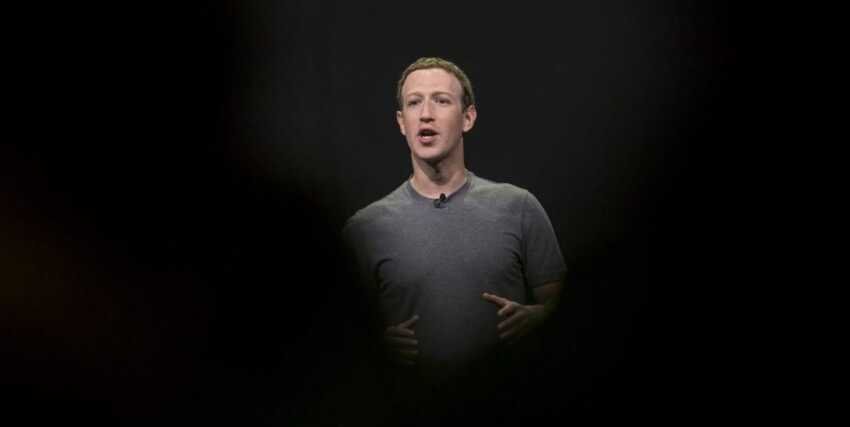On Tuesday, the first one was held two public hearings Mark Zuckerberg to the US Parliament and in particular to the Senate Committee on Trade, Science and Transport.
The lawmakers have in shortly challenged her better safety offered by the Facebook platform, emphasized its monopoly status, and referred to data abuse of platform users, interference with democratic elections and much more. 
Initially, Facebook's CEO said he now considers the arrangements necessary, but things did not go well after listening.
"What you've created represents the American dream," Sen. John Thune, chairman of the Senate Commerce, Science and Transportation Committee, told Zuckerberg.
"But you have an obligation to ensure that the dream does not become a privacy nightmare."
Thune called the hearing "extraordinary," noting that Facebook's more than 2 billion users represent 1500 times the population of his country.
Facebook's steps so far are "unlikely to be enough," Thune said, noting that the Cambridge Analytica case is unlikely to be an isolated event.
In Zuckerberg's testimony before a joint hearing between the Senate Judiciary and Commerce committees today, the Facebook CEO was forced to answer whether his company is monopoly.
Senator Lindsey Graham asked Zuckerberg:
"Who is your biggest competitor?"
The CEO tried to answer the question by citing companies like Google, Apple, Amazon and Microsoft as "overlaps" to Facebook.
"If I buy a Ford, and it doesn't work well, and I don't like it, I can buy a Chevy. If I'm frustrated with Facebook, what's the equivalent product which can I sign up for?” Graham asked, interrupting Zuckerberg.
When Zuckerberg tried to resolve the different types of Facebook services, Graham repeated his question.
"Δεν μιλώ για κατηγορίες. Μιλώ για τον πραγματικό ανταγωνισμό που αντιμετωπίζετε. Γιατί οι εταιρείες αυτοκινήτων αντιμετωπίζουν μεγάλο ανταγωνισμό. Κάνουν ένα ελαττωματικό car, βγαίνει στον κόσμο, και οι άνθρωποι σταματούν να το αγοράζουν και αγοράζουν ένα άλλο. Υπάρχει εναλλακτική λύση για το Facebook;"
Ο Zuckerberg προσπάθησε να αναφέρει ότι ο "μέσος Αμερικανός χρησιμοποιεί οκτώ διαφορετικές εφαρμογές" για να συνδεθεί με τους φίλους τους, προσπαθώντας να πλαισιώσει το Facebook σαν μία από τις πολλές εφαρμογές που κυκλοφορούν. Λίγο αργότερα, ο Graham τον διέκοψε και τον ρώτησε αν πιστεύει ότι το Facebook είναι μονοπώλιο.
"I certainly don't think so," Zuckerberg replied, as the panel laughed.
Senator Ed Markey, a Democrat from Massachusetts, ρώτησε αν ο Zuckerberg θα "υποστηρίξει ένα νόμο για να εξασφαλίσει ότι τα παιδιά κάτω των 16 ετών θα έχουν καλύτερη protection της ιδιωτικής τους ζωής;"
However, Mark Zuckerberg, as it would appear, would not support such a law.
"I think it's an important start," the Facebook chief said, and that it "deserves a lot of discussion." But when pressed he said: "I don't know if we need such a law."
"America deserves a privacy bill that puts consumers, not companies, in control of their personal and sensitive information," Markey said.
Another equally important point of listening is the report of the widely circulated affair that Facebook serves ads by eavesdropping from your phone's microphone.
For years, Facebook has not accepted that it hides its users in real time through their phone's microphone. Thanks to Senator Gary Peters this issue was formally recorded in the committee's minutes:
"Yes or no, does Facebook use the audio it receives from mobile devices to enrich information about its users?" asked. "No," said Mr. Mark Zuckerberg, and was recorded in the minutes.
- Elon Musk deleted Facebook pages with 5 million followers
- Faceblock: abstain from Facebook, WhatsApp & Instagram for 24 hours





